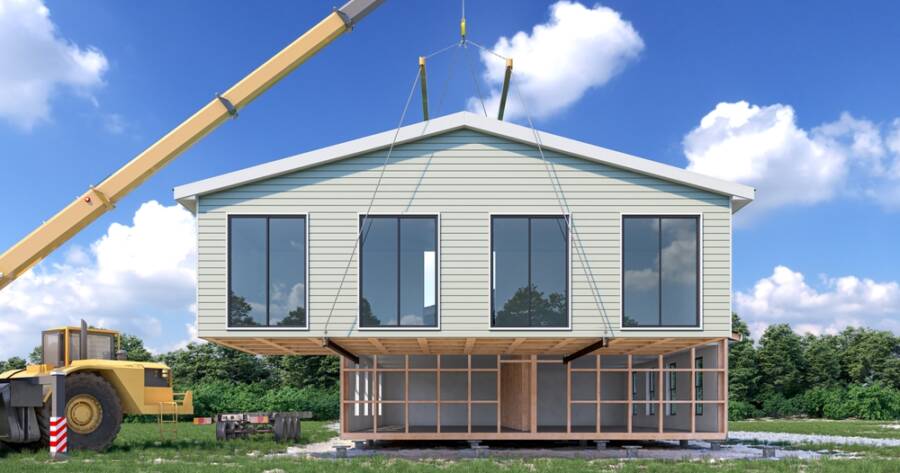With the housing market becoming increasingly unpredictable, many Canadians are looking for alternatives. One option gaining momentum is modular homes, which offer flexibility and affordability. As we step into 2024, the advantages of modular construction may be too appealing to ignore.
What Are Modular Homes?
Modular homes are prefabricated structures built off-site in controlled environments. These homes are constructed in sections, known as modules, which are then transported to the desired location and assembled. Unlike mobile homes, modular homes are permanent structures and must meet the same building codes as traditional homes.
The process of constructing a modular home often takes much less time than conventional methods. Because modules are built in a factory, construction delays due to weather or external factors are minimized. In a market where time and efficiency matter, this could be a significant advantage.
Affordability and Cost Efficiency
One of the most appealing aspects of modular homes could be their affordability compared to traditional homes. Because of the streamlined construction process, modular homes often come at a lower cost per square foot. Factory settings allow for bulk purchasing of materials, reducing overall expenses.
Additionally, because these homes are built faster, labor costs are typically lower. Reduced construction time means less money spent on long-term labor, inspections, and potential delays. However, final prices will depend on various factors such as the size, location, and customizations. In 2024, when affordability continues to be a top concern for many Canadians, modular homes might provide a viable solution.
Faster Construction Time
One of the most attractive features of modular homes is their speed of construction. While a traditional home could take several months—or even over a year—to build, a modular home can often be ready in just a few weeks. Since many parts are constructed indoors, poor weather is rarely a problem, reducing delays.
If you’re looking for a quick move-in timeline, modular homes might offer this advantage. The shorter building time may allow you to transition into your new home faster, which could be especially important in today’s fast-paced housing market. Though timelines will vary depending on the complexity of the design and location, the quicker construction process makes modular homes an option worth considering.
Customization Options
Contrary to common misconceptions, modular homes are not limited to basic, cookie-cutter designs. Many manufacturers offer a wide range of customizable features, including layouts, finishes, and even energy-efficient systems. Modular homes can be tailored to fit various aesthetic preferences, from modern minimalist designs to traditional styles.
You can also customize the interior features to meet your lifestyle needs. Whether it’s adding a spacious kitchen, home office, or extra bathroom, modular homes offer flexibility. However, the extent of customization will depend on the manufacturer and your budget, making it crucial to research thoroughly before committing.
Long-Term Value and Resale Potential
While modular homes may be more affordable upfront, their potential long-term value is something to consider. These homes are built to meet the same standards as traditional homes, meaning they should hold their value in the long run. The durability of modular homes can make them a solid investment, especially if they are well-maintained.
Though resale values can vary by location and market conditions, modular homes are increasingly recognized as high-quality options. If you plan to sell your modular home in the future, it could appreciate similarly to conventional homes, depending on local real estate trends. In an ever-changing housing market, having a durable, well-built home may help ensure better resale potential.
Learn More Today
As modular homes continue to grow in popularity, they offer an intriguing alternative to traditional housing. With benefits like faster construction times, potential cost savings, and customizable designs, these homes could be an excellent option for buyers in 2024.
However, careful planning, research, and budgeting are essential to ensure it’s the right fit for your needs. If you’re considering a modular home, now is the time to explore your options. By understanding the pros and cons, you’ll be in a better position to make an informed decision about this modern housing solution.
